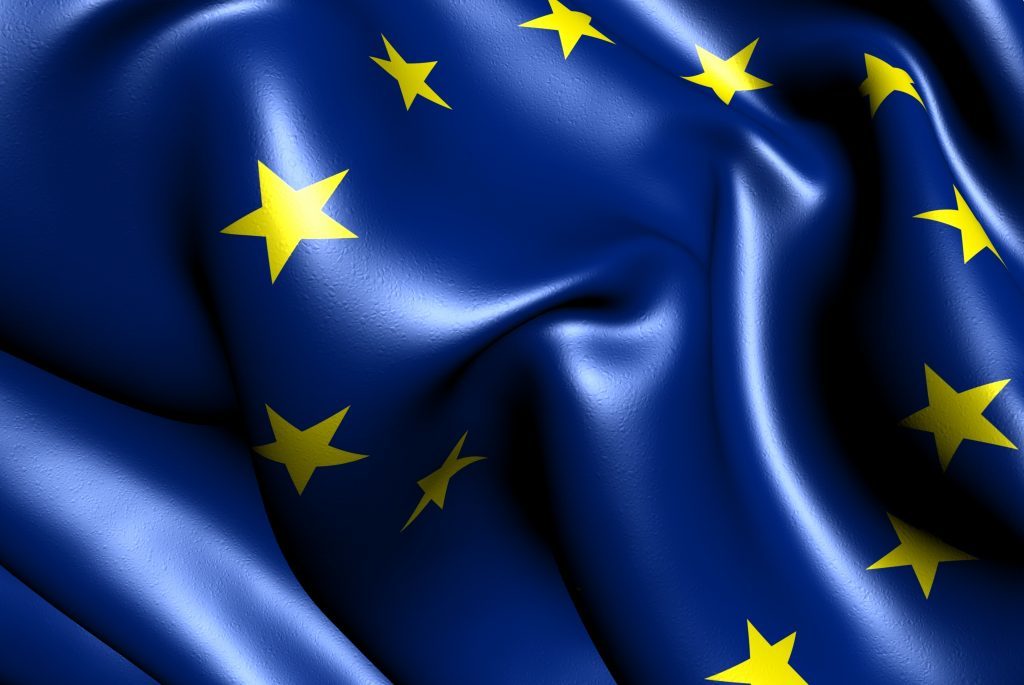
When the European Commission last month demanded Apple pay up to 13 billion euros in back taxes to the Irish government, it gave the Brexit-battered UK government an opening. Number 10 and the Treasury were quick to stress Britain was “open for business” and they welcomed “any company wishing to invest in Britain and Britain’s workforce.”
The gesture showed Britain keen to exploit the benefits of Brexit, showing the country could offer a more accommodating business climate once rid of the shackles of EU state aid law.
But such a policy goes against the UK’s traditional support for EU enforcement in this area and would likely anger other European capitals at a time when goodwill for two years of talks is needed.
The decision against Apple is the boldest step in a growing campaign of enforcement that threatens to hit the likes of Amazon.com, Engie and McDonald’s. In each case, EU officials suspect that the Luxembourg tax office offered the companies deals not available to others. This is tantamount to a “selective” hand-out and therefore illegal, they argue.
London’s invitation to Apple and others follows indications the UK government could cut its corporate tax rate to make the economy more attractive at a time when the fallout of the Brexit vote is casting doubt over potential investments. But this is a dangerous game for the UK to play.
In August, Sweden’s Prime Minister Stefan Loefven said any move to lower corporate tax rates would make discussions about the UK’s exit from the EU more difficult.
And any courting of businesses looking to avoid the clunking fist of EU enforcement will only add to those concerns, angering traditional allies — such as Ireland — as well as large economies such as Germany and France, which have long decried the low corporate tax policies of some member states.
As soon as the UK formally notifies its exit from the EU — activating Article 50 — it will need the goodwill and patience of 27 other countries to have it demands met and the procedure run smoothly. If not, the UK could default to global trade rules and face serious legal uncertainty.
One future “hard” Brexit model would see the UK outside of Europe’s single market and therefore outside of the jurisdiction of the state aid regime, which sees Brussels stop governments using public funds to prop up ailing companies.
In this scenario, Britain could entice companies with tax deals that Brussels couldn’t police.
But this runs against the long-standing policy of the UK government to support state aid rules, often using them to contest handouts by more profligate countries inside the bloc.
In the EU, the UK has often been a voice of skepticism when it comes to the intervention of government funds in private business. Indeed, when the EU launched probes into the tax dealings of multinationals, the coalition government at the time supported the move.
A post-Brexit UK would be free to create tax havens, court foreign carmakers and online distributors, or dose up companies on subsidies to create national champions large enough to compete with mega-corporations on the world stage.
But breaking with the EU regime, British companies would lose the ability to complain against their mainland competitors in, say, Belgium, France or Germany that might benefit from unfair support.
The UK won’t be able to pick and choose parts of the state aid regime it likes.
Lewis Crofts is Global Chief Correspondent at Mlex
Recommended for you
